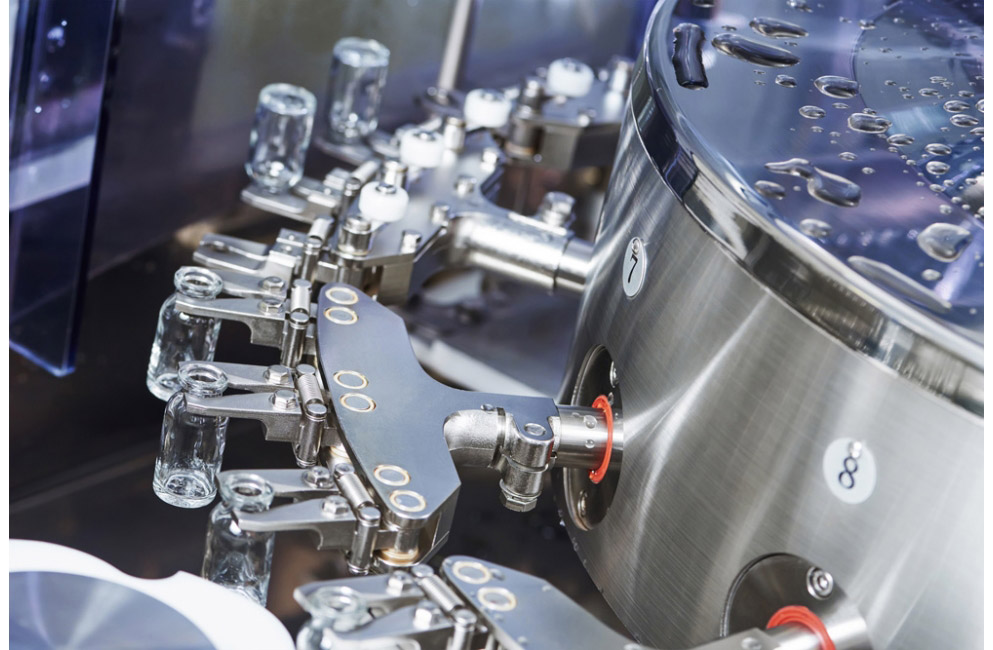

In today’s competitive environment, pharmaceutical companies are increasingly outsourcing the manufacturing of APIs and formulations. For such cases of contract manufacturing, EU good manufacturing practices guidelines encourage firms to sign a technical agreement which specifies the roles and responsibilities of respective parties related to production and control of the drugs. A GMP technical agreement ensures compliance to the current good manufacturing practices (cGMP).
Need for a Technical Agreement
By defining a clear technical agreement, both parties know who will be responsible for what, thus avoiding conflicts and have defined a clear escalation route.. During MHRA or FDA inspection of the contract site, the primary question of inspectors is how the parties share responsibilities, communicate and confirm the GMP compliance.
With a well-scripted technical agreement, contract manufacturer has readymade response to the investigator. Therefore it is important to learn how to compose a GMP technical agreement.
Sections of a GMP Technical Agreement
Contract giver should specify their requirements because the outline of a technical agreement varies depending upon those requirements. Some Contract manufacturers keep their own template of a standard technical agreement, however, you should ensure that it meets your criteria before signing the paper.
A typical technical agreement should have the following parts:
1. Purpose and Scope
2. Definitions
3. Responsibilities
4. Contact List
5. List of Products
6. Approval
7. Changes & Revisions
8. List of Sub-contract Analytical testing Laboratories
Ensure that your technical agreement includes all the cGMP regulations applicable for manufacturing of specified product.
- The active and excipient raw materials must be sourced in accordance with ‘guidance on minimizing the risk of transmission.
- Contractor cannot make any changes in the process, raw materials or formulation without prior written consent from the contract giver.
- Contract giver and regulatory authorities should be allowed to perform audits and inspections of the relevant processes, premises and documents.
- The contractor must not sub-contract any of his responsibilities to a third party without agreement of the contract giver.
- Keep a record of deviations from pre-defined procedures or desired test results.
- It is sole responsibility of the contractor to keep batch records for a defined time after the product expires.
Production & Testing
The functions covered under this heading include:
- Product Specification & master formula
- Process validation and cleaning validation
- Manufacturing instructions and in-process controls
- Handling the process deviations and out-of-specification results
- Analysis of the bulk material and retaining the reference samples
- Finished product specification and testing methods to be used for finished products
- Batch identification system
Packaging and Release of the Final Product
Ensure that your technical agreement covers all the following aspects:
- Methods and specifications to test packaging materials
- Inspection of packaging materials
- Appropriate labeling methods, their review and approval
- Packaging instructions, operations and documentation
- Analysis of finished products and documents before release
- Annual product review
- Management of complaints
- Specifications for product recalls and decision to initiate it
- Management of the returned products
- Preventing the environmental pollution
Storage and Transportation
The contract giver defines adequate storage conditions including temperature, light and humidity for finished products and bulk materials. Contract manufacturer may be asked to transport the products to the contract giver or to a designated third party.
The nature of waste materials (e.g. solvents, toxic waste, etc.) and their specific disposal methods are also outlined in the GMP technical agreement, which the contractor is obliged to follow.
Batch Documentation
Contract giver should obtain a complete copy of batch documentation that contains the following:
- Production batch record
- Packaging batch record
- Analytical results for each batch
- Production in-process control record
- Packaging in-process control record
- Bill of materials (BOM)
- Certificate of analysis for the final product
A GMP technical agreement is a powerful tool to maintain the product quality and build strong working relationship between the contract giver and contract acceptor.